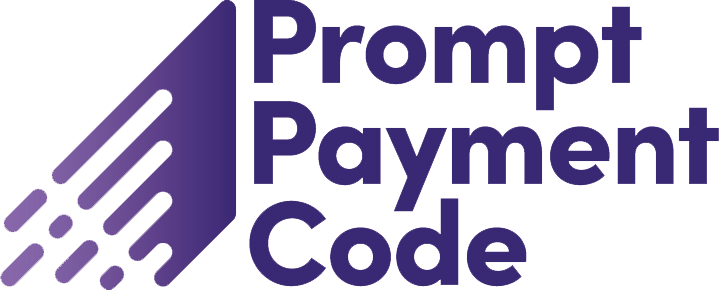Recently I was in Toronto hosting one of our successful risk community seminars. A big focus of these events is encouraging new relationships between our attendees, many of whom had never met before.
The day explored the challenges and opportunities risk managers face daily –from gaining senior management engagement to the building soft skills. Encouraging teams to open up about risk in their projects and businesses and, how they can be proactive in addressing them was another focus.
Later, I was relaxing in the hotel lounge after the seminar. The friendly bartender asked if I was enjoying my stay, and would I like ice in my drink. I declined with a ‘No thank you’. Next thing I’m handed a glass of ice. Not the end of the world, I hear you say! Indeed not, but it made me feel that the bartender was on auto-pilot. Yes she’d been nice but she was passively hearing me.
What is active listening?
Active listening involves using all the senses. It is an active process that requires the listener to make a conscious decision to listen and understand what the speaker is saying. And the speaker must feel that the listener is listening.
At Risk Decisions, we believe listening skills are critical to the quality of the service we provide to our customers.
Get closer to your customers.
Here’s an example. A customer may have an issue with our product; often, it’s couched in vague terms that aren’t actionable. By actively listening, pausing to think and then asking clarification questions to ascertain what the customer is really saying, we gain a much clearer understanding of their actual business needs. In our experience, that isn’t necessarily what at face value was asked for.
Product development.
At the same time, this valuable feedback gives us a steer on building a better product. It’s a brilliant market research tool and means you’re creating opportunities to delight your customers.
Create an active listening culture
We encourage our team and especially our customer-facing people to develop active listening skills. For example, just doing one thing – consciously listening. It really doesn’t work to try and do something else while ‘listening’ to someone talking – multi-tasking doesn’t work!
Listening is the most fundamental component of interpersonal communication skills. At Risk Decisions, it’s a core competencies when we’re recruiting, with active listening near the top of our skills wish list. At the same time, we encourage techniques around clarifying questions and a culture of curiosity; you’re always learning when you listen – speaking is repeating what you know.
How do you encourage active listening in your organisation?











